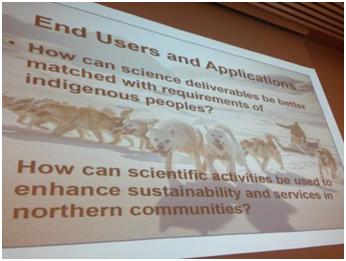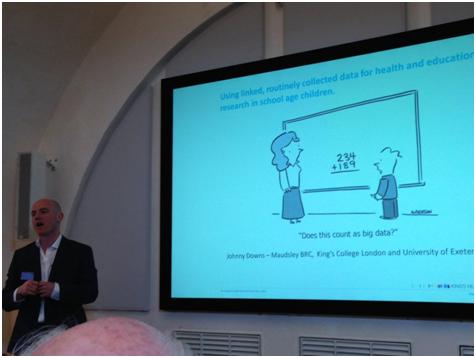29th June 2016 Copenhagen, Denmark
SIN and the Social Sciences

When we talk about tackling global challenges or delivering economic benefits to society, the focus is often on technological developments in the natural sciences. And rightly so – we need breakthroughs in clean tech to mitigate climate change and we need new developments in medicine to tackle antimicrobial resistance or dementia, just to name a few examples.
This is why SIN’s focus is often directed at STEM research. However, it is becoming increasingly clear that many of the challenges facing the UK and the world cannot be solved without the involvement of the social sciences. SIN Nordics has therefore taken an interdisciplinary approach to part of our work. By bringing together researchers from the natural and social sciences, we aim to facilitate a broader understanding of current challenges as well as innovative suggestions for solutions. The UK has an outstandingly strong research base in the social sciences and humanities and is therefore well-placed to take a leading position in international interdisciplinary research.
The Arctic is one of the areas where we have successfully included the social sciences in our work. At two break-out sessions, one at Arctic Frontiers in Tromsø and one at Arctic Circle in Reykjavik, both in 2015, we have brought together indigenous representatives, social scientists, natural scientists and policymakers to discuss how to incorporate the Traditional Knowledge (TK) held by indigenous peoples in the work of the scientists and innovators who are trying to understand and mitigate climate change in the Arctic.
While they work in very different ways, scientists and TK-holders can both benefit from collaborating. The scientists can do modelling and predictions based on data, whereas the indigenous peoples have the knowledge and experience from living in the Arctic region for millennia. Stories about how things were before have been passed on from generation to generation. And daily observations of the changes by people who are dependent on natural resources for their livelihoods can provide useful information to scientists, who are typically only present in the region for shorter periods of time. The social scientists have a role to play in fostering dialogue and collaboration, based on respect for indigenous peoples’ culture, history and traditions. SIN has received much positive feedback for our work on facilitating such exchanges across disciplines and cultures and we expect our efforts in this field to continue.

at Arctic Frontiers in Tromsø 2015
Another area where we see an advantage in including the social sciences is Big Data. Recently, we organized a conference in the Danish parliament together with Aarhus University on how to use Big Data to improve mental health in children and youth. For this, we brought together psychologists, psychiatrists, digital experts, school nurses and education practitioners to discuss how to work across disciplines to understand and improve resilience in young people.
Today, young people are reporting more stress, anxiety, and depression and the number of adolescents with diagnoses such as ADHD has increased over the last decade. We do not know if this development is due to more vulnerability among the young, rising expectations to performance and happiness, social media, insecurity about the future in a rapidly changing world, or other factors. A priority for strengthening the mental capital of young people is therefore likely to be a wise societal investment, especially in countries like the UK and Denmark where mental capital is the major raw material to develop the economy and productivity.
This challenge can only be solved through an interdisciplinary approach. It is one thing to gather the data, but we also need to understand how to interpret and how to use it through involvement from the social sciences as well as healthcare practitioners. Our conference in the Danish parliament was inspired by the Foresight Report on Mental Capital and Wellbeing from 2008, which included contributions from diverse disciplines including: neuroscience, psychology and psychiatry, economics, genetics, social sciences, learning, development and systems analysis. This is yet another example of how the UK is a pioneer when it comes to working across disciplines to solve societal challenges. SIN Nordics will continue to promote and support this approach.

Good article, Mai. Social science is so important, and we should be looking for multidisciplinary solutions to problems. Thank you for raising the profile of this important area.